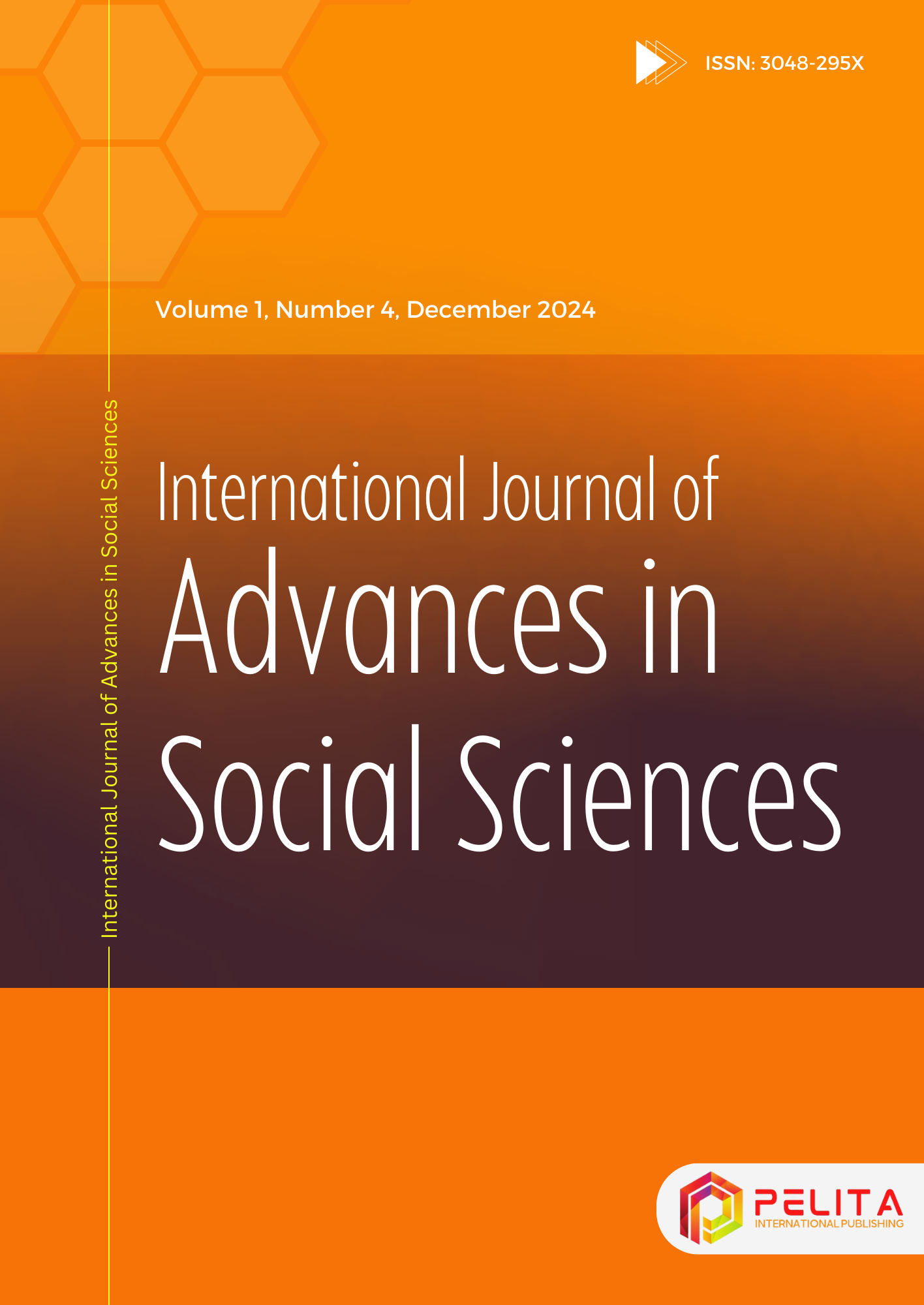The legal impact of unreported campaign funds by political parties in Indonesia
Main Article Content
Klaudius Ilkam Hulu
Fianusman Laia
Elections serve as a mechanism for upholding people's sovereignty in selecting legislative representatives through a direct, general, free, confidential, honest, and fair process. Campaign funds consist of financial resources in the form of money, goods, and services used by candidates and/or political parties to finance election campaign activities. This study specifically examines campaign funding based on reports of campaign fund receipts and expenditures, detailing the financial resources utilized for legislative candidates' campaigns. The research employs a normative legal approach, utilizing statutory and analytical methods, with data collected through literature reviews and secondary data analysis. The findings indicate that the legal consequences of political parties failing to report campaign funds, as stipulated in General Election Commission Regulation No. 18 of 2023 on Election Campaign Funds, underscore the importance of campaign fund reports as evidence of participants' integrity and accountability. Failure to submit the Campaign Fund Receipt and Expenditure Report (LPPDK) may result in the annulment of an election victory. This aligns with Article 118, paragraphs (3) and (4) of the regulation, which stipulate that if the central, provincial, or regency/city leadership of a participating political party fails to submit the LPPDK to an appointed public accountant (KAP) within the deadline set in Article 53, paragraph (4), the party may face sanctions, including the disqualification of its candidates for the House of Representatives (DPR), provincial legislative council (DPRD Provinsi), and regency/city legislative council (DPRD Kabupaten/Kota).
Bawaslu (2024). Peraturan Badan Pengawas Pemilihan Umum Republik Indonesia Nomor 1 Tahun 2024 tentang Pengawasan Pemungutan dan Penghitungan Suara dalam Pemilihan Umum
Budiardjo, M. (1992). Dasar-Dasar Ilmu Politik. Gramedia Pustaka Utama.
Damsar (2012). Pengantar Sosiologi Politik. Kencana Prenada Media Group.
Tosika, M., Fahmi, K., & Asrinaldi, A. (2020). Integrasi Laporan Keuangan dan Dana Kampanye Partai Politik. Jurnal Administrasi Dan Kebijakan Publik, 5(1), 39–56. Retrieved from https://jakp.fisip.unand.ac.id/index.php/jakp/article/view/116
Friedrich, C. J. (1972). The Pathology of Politics: violence, betrayal, corruption, secrecy, and propaganda. Harper & Row.
Hermanto, R. (2020). Problematika Pelaporan Dana Kampanye Pada Pemilu Legislatif Tahun 2019. Electoral Governance Jurnal Tata Kelola Pemilu Indonesia, 1(2), 1-23.
Marpaung, L. W., & Saragih, R. (2023). Menyoal Transparansi Dana Partai Dan Dana Kampanye Pada Pemilu Di Indonesia. Jurnal Macsilex, 2(1), 86-96.
KPU (2023). Peraturan Komisi Pemilihan Umum Nomor 18 Tahun 2023 tentang Dana Kampanye Pemilu
KPU (2024). Peraturan Komisi Pemilihan Umum Nomor 2 Tahun 2024 tentang Tahapan dan Jadwal Pemilihan Gubernur dan Wakil Gubernur, Bupati dan Wakil Bupati, serta Walikota dan Wakil Walikota tahun 2024
Neuman, S. (1980). Partisipasi dan Partai Politik. Gramedia.
Rahmatika, D. N. (2021). Analisis Hasil Audit Pelaporan Keuangan Dana Kampanye Peserta Pemilu Sebagai Tingkat Kepatuhan Partai Politik. Permana: Jurnal Perpajakan, Manajemen, dan Akuntansi, 13(1), 97-107. https://doi.org/10.24905/permana.v13i1. 165
Republik Indonesia (1945). Undang-Undang Dasar Negara Republik Indonesia Tahun 1945.
Republik Indonesia (2017). Undang-Undang Republik Indonesia Nomor 7 Tahun 2017 tentang Pemilihan Umum
Setiono, T. (2009). Modul Peliputan Dana Kampanye. Transparency International Indonesia.
%20(5).png?updatedAt=1719633367602)











